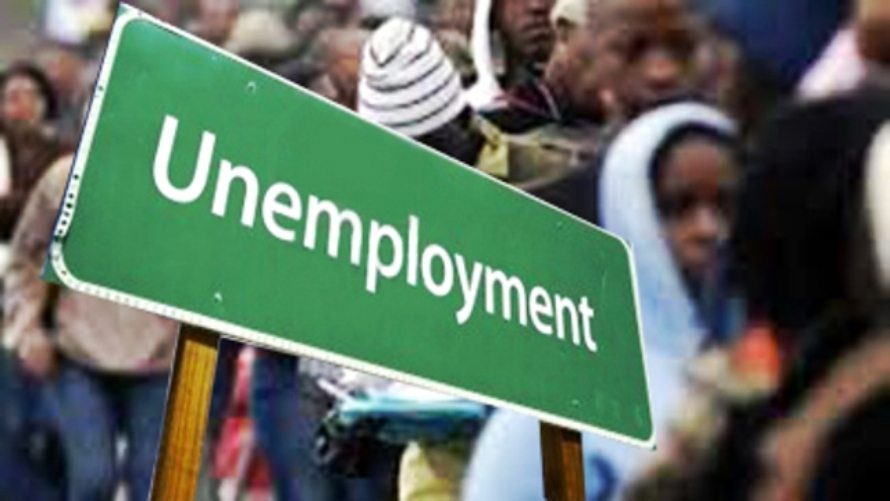

Nigeria’s unemployment rate stands at 5.4% in 2023- NBS
The National Bureau of Statistics(NBS) says the unemployment rate in Nigeria stood at 5.4 per cent in 2023.
At the state level, Abia recorded the highest unemployment rate at 18.7 per cent, while Nasarawa had the lowest rate at 0.5 per cent.
The NBS said this in its Nigeria Labour Force Survey for 2023 released in Abuja on Tuesday.
In a statement issued by Mr Sunday Ichedi, Director of Communications and Public Relations, NBS, the report provided a comprehensive picture of Nigeria’s labour market performance for 2023, offering vital insights into key labour market indicators.
Ichedi said the release of the 2023 annual report marked the first of its kind, conducted in line with the International Labour Organisation (ILO) guidelines between the 4th Quarter of 2022 and the 3rd Quarter of 2023.
He said the findings offered detailed state-level data on critical labour market indicators such as unemployment, underemployment, wage employment, informal employment, and youth participation in education, employment, or training.
Further highlights of the report showed that in terms of educational attainment, the rate of unemployment was highest among persons with post-secondary education at 9.4 per cent in 2023.
“This was followed by those with secondary school education at 6.7 per cent, and those with primary education at 4.1 per cent.
“The lowest rate was recorded among those with no formal education at 3.2 per cent.”
The report said in 2023, the working-age population was 116.6 million, representing 53.8 per cent of the total population, with women accounting for 52 per cent and men with 48 per cent.
It said the annual labour force participation rate was 76.3 per cent, which was equivalent to 88.9 million individuals.
“Bauchi state recorded the highest participation rate at 92.3 per cent, while Ekiti State had the lowest rate at 63.4 per cent.”
The report said 84.1 million individuals were employed out of the total working-age population in 2023, which included 20.6 million persons between the ages of 15 and 24 years.
It said in 2023, the national employment-to-population ratio was 72.2 per cent, with rural areas accounting for 77.3 per cent and urban areas at 68.7 per cent.
“Bauchi state had the highest employment-to-population ratio at 88.4 per cent, while Rivers recorded the lowest at 55.7 per cent.
“By sex, the employment-to-population ratio was 73.7 per cent for males and 70.7 per cent for females.”
The report said 77.6 million individuals were engaged in informal employment in 2023, accounting for 92.2 per cent of the employed population.
It said Kano state had the highest number of informal workers, with about 5.2 million individuals engaged in informal employment.
“This was followed by Lagos state with 4.6 million people (excluding agriculture).”
The report said the national time-related underemployment rate stood at 11.1 per cent, with men accounting for 8.3 per cent and women at 13.4 per cent.
“Plateau had the highest time-related underemployment at 33.9 per cent, while Nasarawa recorded the lowest rate at 0.3 per cent.”
It said time-related underemployment rate was the share of employed people who were working less than 40 hours per week, but who would be willing and available to work more.
The report said the Youth not in employment, education, or training (NEET rate) was 15.6 per cent in 2023, with Abia recording the highest NEET rate at 38.1 per cent and Zamfara recording the lowest at 4.5 per cent.



